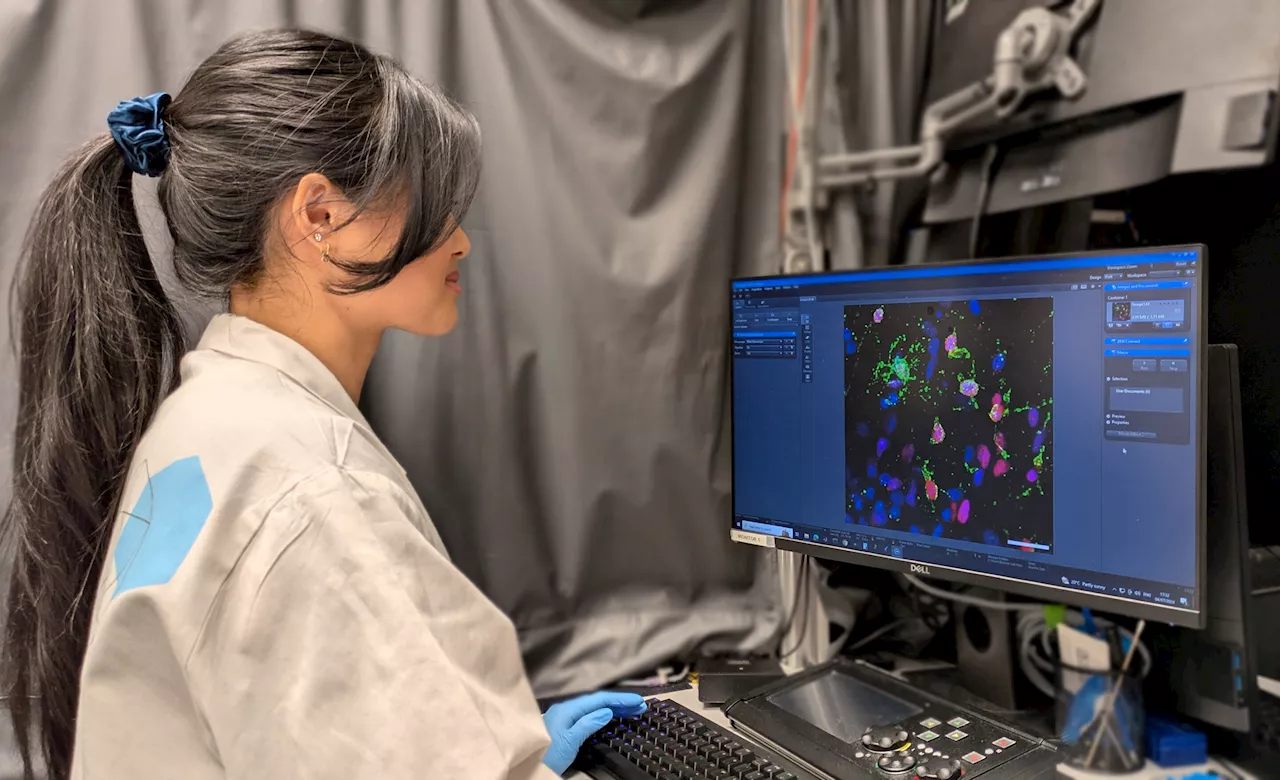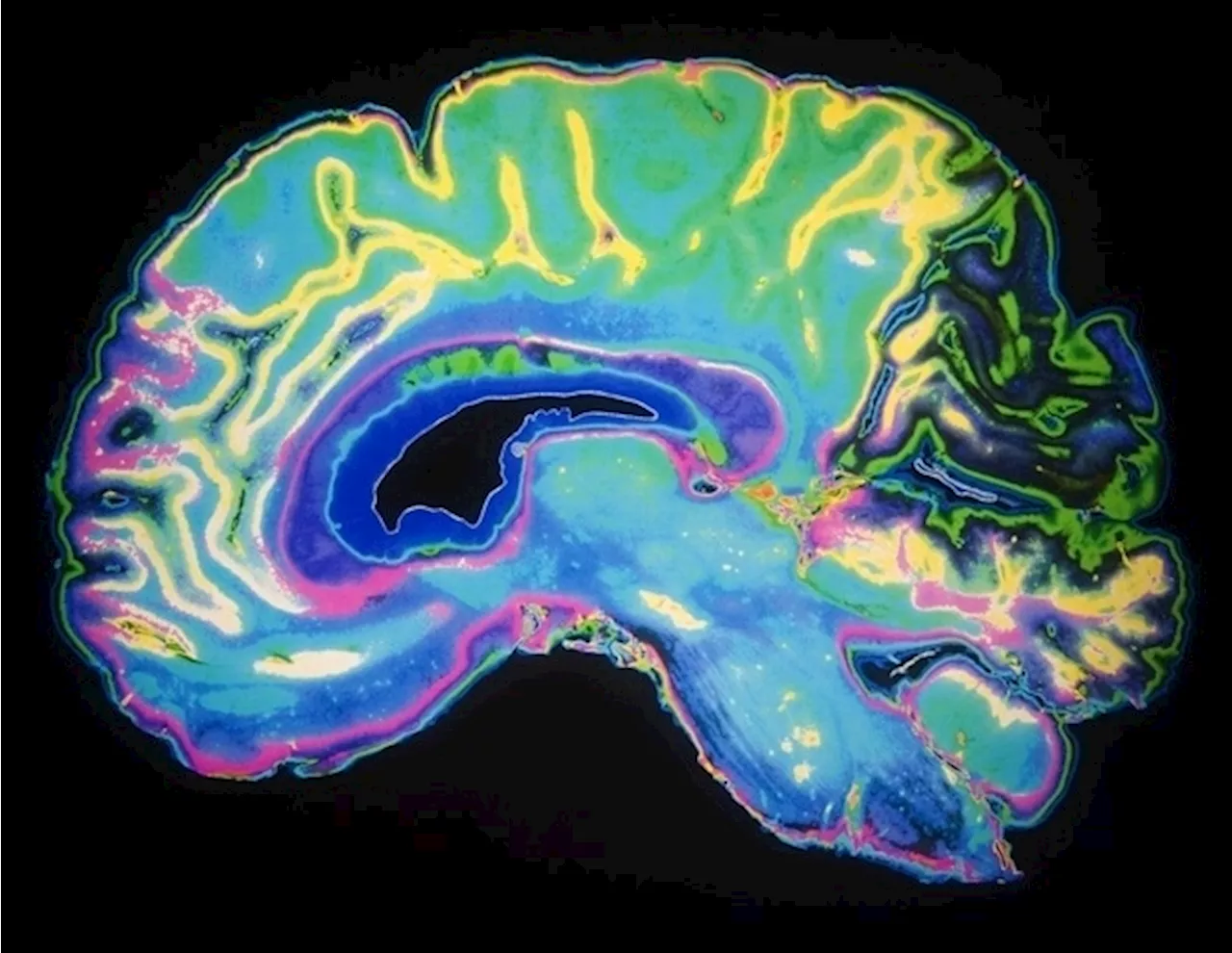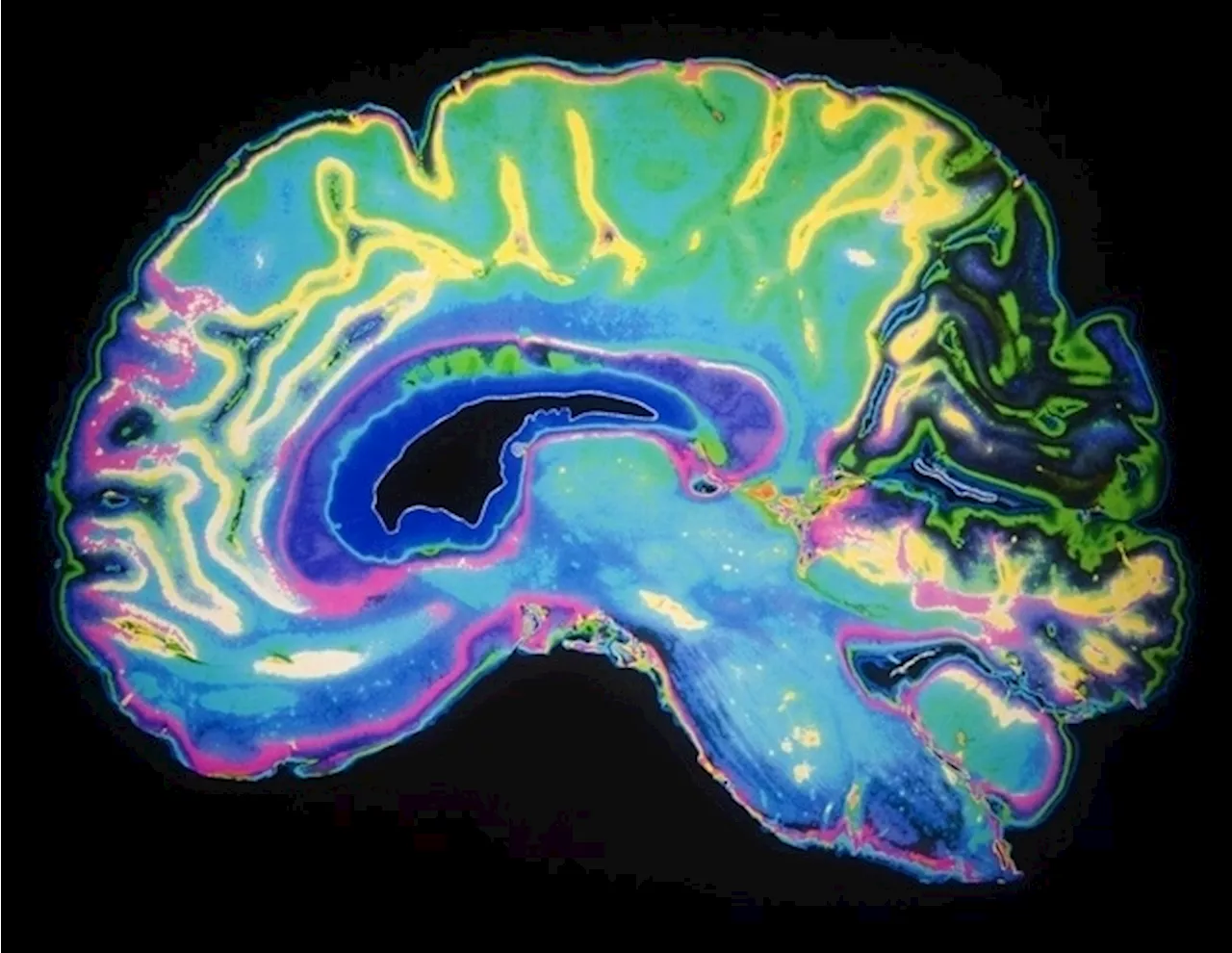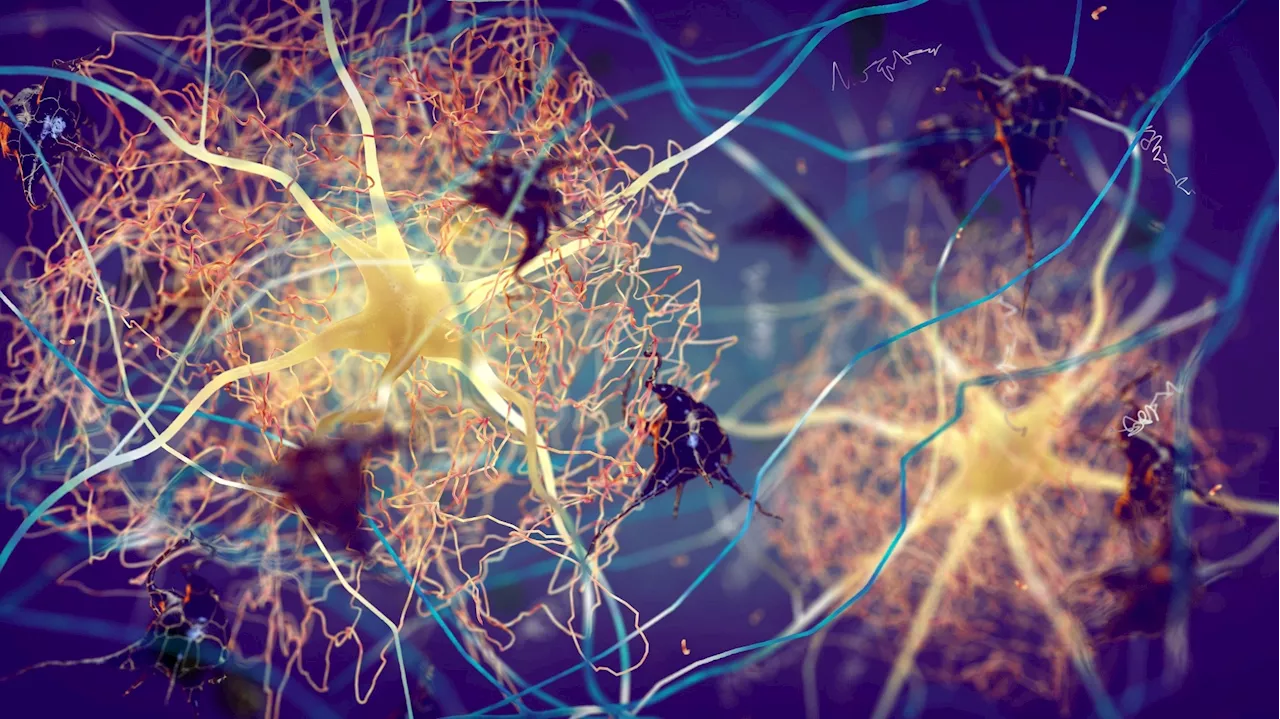Researchers discovered that oligodendrocytes, not just neurons, produce amyloid β in Alzheimer's disease, and suppressing their activity improves disease pathology. This finding suggests new therapeutic targets for Alzheimer's treatment.
By Dr. Chinta SidharthanReviewed by Susha Cheriyedath, M.Sc.Jul 24 2024 In a recent study published in the journal PLOS Biology, researchers used mouse models to demonstrate that neurons were not the only source of abnormal amyloid β proteins contributing to the pathology of Alzheimer's disease. They found that oligodendrocytes play a significant role in the abnormal neuronal hyperactivity in Alzheimer's disease and are a major source of amyloid β protein.
One of the first neuronal responses to the accumulation of amyloid β plaques is increased and abnormal excitability. Transcriptomics-based research has shown that astrocytes, microglia, and oligodendrocytes in mouse models of Alzheimer's disease and Alzheimer's disease tissue from humans show abnormal responses to amyloid β.
Post-mortem tissue from patients who had sporadic Alzheimer's disease, as well as from healthy controls, were used for in-situ hybridization and RNA scoping to determine whether Alzheimer's disease altered the amyloid β-producing capacity of oligodendrocytes.
The study also compared the amyloid β production between oligodendrocytes and neurons by producing cortical neurons from the same pluripotent stem cells used to derive oligodendrocytes and examining the production of amyloid β in both cell lines. Results The study found that not only do oligodendrocytes produce greater amounts of amyloid β than neurons, but also contribute significantly to the abnormal neuronal hyperactivity observed in Alzheimer's disease. Furthermore, selective suppression of amyloid β production in the oligodendrocytes was found to improve Alzheimer's disease pathology.
Antibodies Cell Cortex Genes Hyperactivity In Vivo Microglia Nervous System Neurons Pathology Pathophysiology Protein Research RNA Stem Cells Transcriptomics
United Kingdom Latest News, United Kingdom Headlines
Similar News:You can also read news stories similar to this one that we have collected from other news sources.
 Alzheimer's disease: Study suggests targeting oligodendrocytes could help reduce amyloid beta productionOligodendrocytes are an important source of amyloid beta (Aβ) and play a key role in promoting neuronal dysfunction in Alzheimer's disease (AD), according to a study published July 23, 2024 in the open-access journal PLOS Biology by Rikesh Rajani and Marc Aurel Busche from the UK Dementia Research Institute at University College London, and...
Alzheimer's disease: Study suggests targeting oligodendrocytes could help reduce amyloid beta productionOligodendrocytes are an important source of amyloid beta (Aβ) and play a key role in promoting neuronal dysfunction in Alzheimer's disease (AD), according to a study published July 23, 2024 in the open-access journal PLOS Biology by Rikesh Rajani and Marc Aurel Busche from the UK Dementia Research Institute at University College London, and...
Read more »
 Oligodendrocytes identified as key source of amyloid beta in Alzheimer's diseaseOligodendrocytes are an important source of amyloid beta (Aβ) and play a key role in promoting neuronal dysfunction in Alzheimer's disease (AD), according to a study published July 23, 2024 in the open-access journal PLOS Biology by Rikesh Rajani and Marc Aurel Busche from the UK Dementia Research Institute at University College London, and...
Oligodendrocytes identified as key source of amyloid beta in Alzheimer's diseaseOligodendrocytes are an important source of amyloid beta (Aβ) and play a key role in promoting neuronal dysfunction in Alzheimer's disease (AD), according to a study published July 23, 2024 in the open-access journal PLOS Biology by Rikesh Rajani and Marc Aurel Busche from the UK Dementia Research Institute at University College London, and...
Read more »
 Researchers identify vascular changes in the brain linked to Alzheimer's diseaseThe blood-brain barrier—a network of blood vessels and tissues that nurtures and protects the brain from harmful substances circulating in the blood—is disrupted in Alzheimer's disease.
Researchers identify vascular changes in the brain linked to Alzheimer's diseaseThe blood-brain barrier—a network of blood vessels and tissues that nurtures and protects the brain from harmful substances circulating in the blood—is disrupted in Alzheimer's disease.
Read more »
 Researchers uncover molecular signatures of blood-brain barrier dysfunction in Alzheimer's diseaseThe blood-brain barrier -; a network of blood vessels and tissues that nurtures and protects the brain from harmful substances circulating in the blood -; is disrupted in Alzheimer's disease.
Researchers uncover molecular signatures of blood-brain barrier dysfunction in Alzheimer's diseaseThe blood-brain barrier -; a network of blood vessels and tissues that nurtures and protects the brain from harmful substances circulating in the blood -; is disrupted in Alzheimer's disease.
Read more »
 Experts identify sex and gender differences in cognitive resistance and resilience to Alzheimer's diseaseResearchers investigated sex-related and gender-specific resistance and resilience factors in Alzheimer's disease.
Experts identify sex and gender differences in cognitive resistance and resilience to Alzheimer's diseaseResearchers investigated sex-related and gender-specific resistance and resilience factors in Alzheimer's disease.
Read more »
 Chinese AI researchers snagged more patents than everyone else combined since 2013You think the US leads the field? Wrong – OpenAI is way down WIPO's charts
Chinese AI researchers snagged more patents than everyone else combined since 2013You think the US leads the field? Wrong – OpenAI is way down WIPO's charts
Read more »
